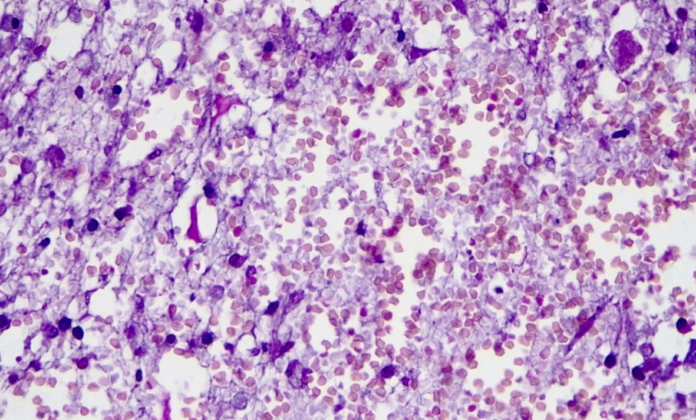Covid-19 and hemorrhagic stroke, also known as cerebral hemorrhage, have found to be a deadly combination, increasing death risk up to 2.4 times among patients who have this combination compared to those who have only had hemorrhagic strokes, according to recent research.
Additionally, surviving patients prolong their hospital stay, have more medical complications and less favorable outcomes than those who did not have both diseases.
“This is one of the first studies to document that, in patients with hemorrhagic stroke who have comorbid COVID-19, there is a significantly elevated risk of in-hospital death,” says Adam de Havenon, lead author of the study.
“This finding warrants additional study and potentially more aggressive treatment of either condition.”
The study was published in “PLoS ONE”.
Covid-19 is known to increase the risk of ischemic strokes, the most common type of stroke, which is caused by a blockage in an artery supplying blood to the brain by a thrombus.
However, there is very little information on the association between Covid-19 and hemorrhagic strokes.
Hemorrhagic strokes are caused by a weakened vessel breaking and bleeding in the brain. There are two types of accidents: intracerebral hemorrhage (ICH), caused by bleeding within the brain tissue itself, and subarachnoid hemorrhage (SAH), caused by bleeding from a damaged artery on the surface of the brain.
Researchers have analyzed the medical records of 568 hospitals across the country. They compared the hospital admissions of 23,378 hemorrhagic stroke patients without Covid-19 in 2019 with 771 patients admitted in 2020 with Covid-19 who also had hemorrhagic strokes before or after hospital admission.
Thus, they found that the 559 patients with comorbid Covid-19 and ICH had a higher hospital death rate (46% vs. 18%), along with longer hospital admissions (21 days versus 10 days) and longer stays in the intensive care unit (ICU) (16 days versus 6 days).
Researchers have seen a similar pattern among 212 Covid-19 / SAH patients: a higher percentage of intrahospital death (43% vs. 15% among controls), longer hospital stays (27 days vs. 13 days), and in ICU (22 days vs. 9 days).
During their hospital stay, both ICH and SAH patients with Covid-19 were more likely to be intubated and have acute coronary syndrome, acute kidney failure, or pulmonary embolisms than those who only had a hemorrhagic stroke.
Almost half of the patients admitted with Covid-19 did not have ICH or HSA strokes until after they were admitted to the hospital. The reason is unclear, but patients admitted with Covid-19 were more likely to receive blood-thinning medications, which could increase the risk of hemorrhagic stroke, according to De Havenon. The researchers plan to investigate this phenomenon in future studies.
For clinicians, this study provides an opportunity to tailor treatments for hemorrhagic stroke patients who have Covid-19 as a comorbid condition, says study author Ramesh Grandhi.
